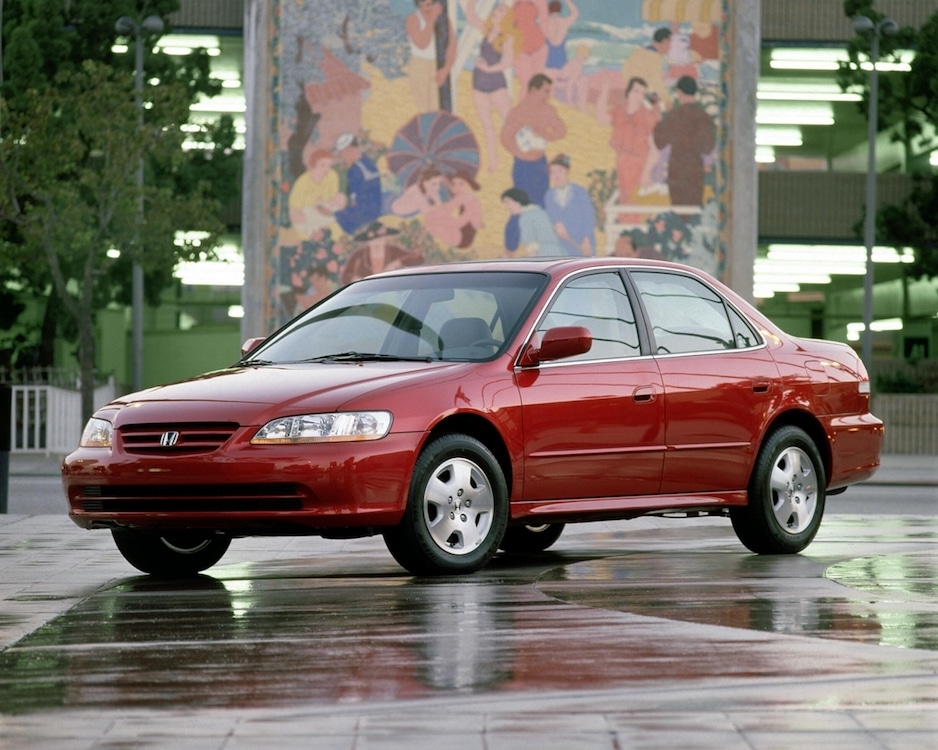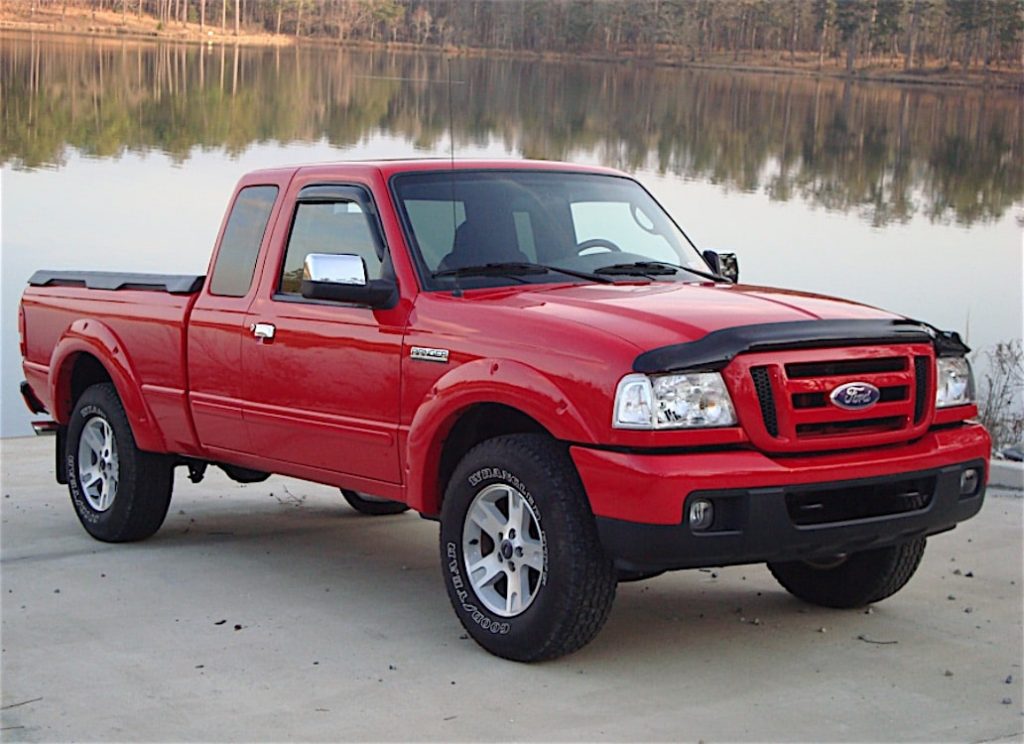The National Highway Traffic Safety Administration confirmed another death in the U.S. attributable faulty inflators in Takata airbags. The components were recalled years ago, but not all of the replacements have been completed, officials note.

The agency confirmed that the February death of the driver of a 2002 Honda Accord in Bowling Green, Kentucky, was due to a defective airbag inflator. The inflators, part of the largest recall in U.S. history, have been tied to 30 deaths globally and 23 in the U.S.
Most of the U.S. fatalities have been in Hondas, which was the case in the February death, which involved a 2002 Honda Accord in Bowling Green, Kentucky. This follows the death of a driver of a 2006 Ford Ranger the agency reported last month. That vehicle was under a “Do Not Drive” warning.
“We need everyone to check right now for open Takata recalls — and if you have one, to schedule an appointment at your dealership immediately for a repair,” said NHTSA Acting Administrator Ann Carlson. “Every day that passes when you don’t get a recalled air bag replaced puts you and your family at greater risk of injury or death. Don’t let an open recall cost you or your passengers your lives.”
The risk continues to grow
In early November, owners of 2005 to 2010 Dodge Magnums, Chargers, Challengers and Chrysler 300s were warned by the former Fiat Chrysler to stop driving those vehicles until they get the airbag recall repair completed. The move affected about 276,000 vehicles.

Even minor crashes can result in exploding air bags that can kill or produce life-altering injuries. Older model year vehicles, such as these 2010 sedans, put their occupants at higher risk as the age of the air bag is one of the contributing factors, according to the National Highway Traffic Safety Administration.
The company notes the longer the vehicles remain unrepaired, the greater the risk to the vehicle’s occupants.
Ongoing problem
The inflators are part of a massive recall effort after it was determined the inflators are loaded with volatile mix of chemicals that can, under certain conditions, explode, sending pieces of metal and plastic into the vehicle’s cabin, often causing injuries or death.
In addition to the massive number of fatalities, there have been hundreds of injuries.
The action covers about 100 million inflators worldwide, including about 67 million in the U.S. Aside from Honda, there have been fatalities in Ford (2) and BMW vehicles in the U.S. At this point, NHTSA officials estimates show more than 50 million of the 67 million inflators have been replaced or accounted for as part of the recall.
The Takata airbag recall is not only the largest safety-related service action in U.S. history, but also the longest-running recall, with the first advisories going out to vehicle owners back in 2001.








Even though the impact of the Takata airbag crisis had largely subsided by 2017, Honda still put aside 520 billion yen ($4.8 billion) in the 12 months through March 2017 for product warranties and over 450 billion in each of the past two years.
In the four years before the Takata debacle, warranty provisions ranged from 171 billion to 274 billion yen, before surging to 727 billion in the year ending March 2016.
According to five Honda insiders, quality blunders have helped squeeze the operating margin at its global automotive business to 2-3 percent — giving it less room for maneuvers just as bigger rivals are building partnerships and overhauling their operations to become stronger.
That’s in stark contrast to Honda’s motorcycle business which has already brought its r&d division in-house and has a margin of 13.9 percent.
In J.D. Power’s study of vehicle dependability in the United States, one of Honda’s two main auto markets along with China, the Japanese brand fell to 18th place this year from 5th in 2015 and 4th in 2002, its highest ranking. Autonews